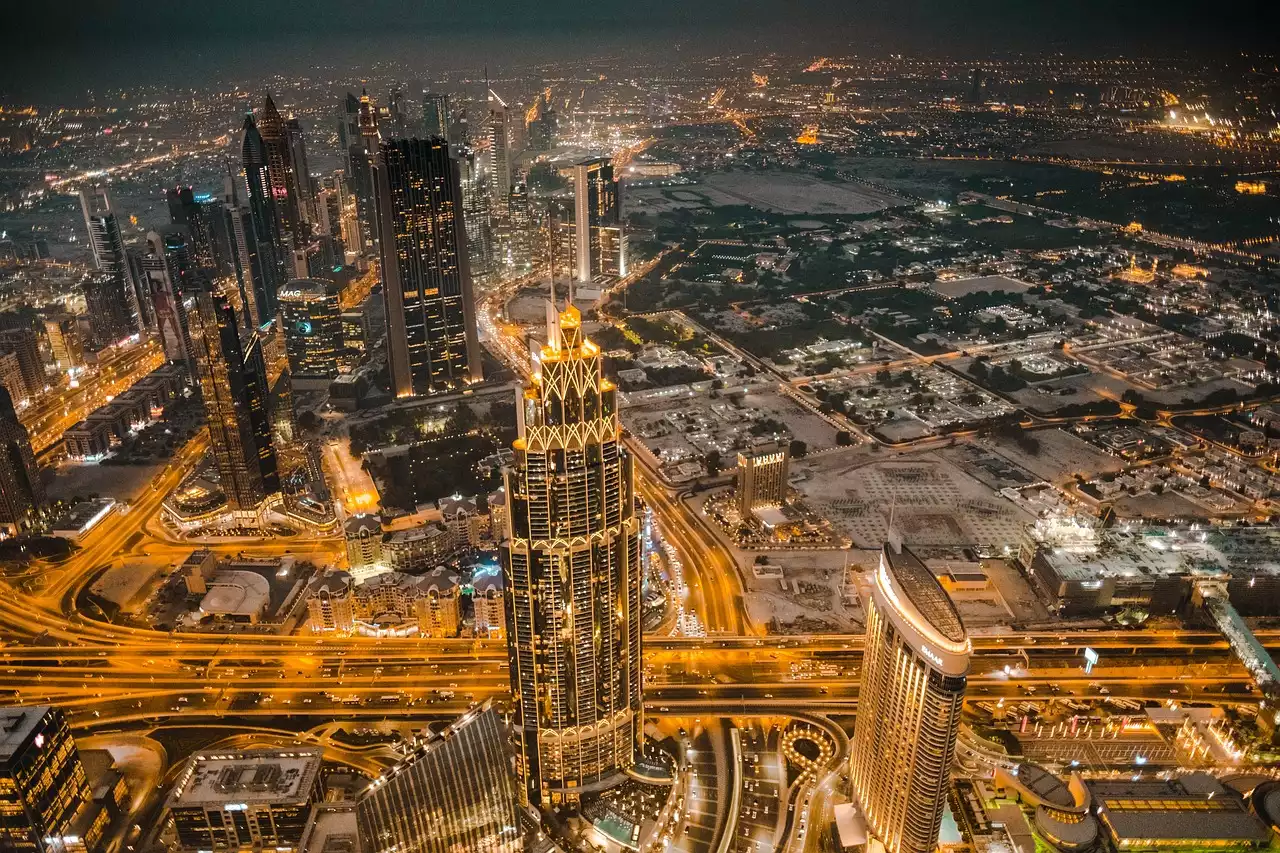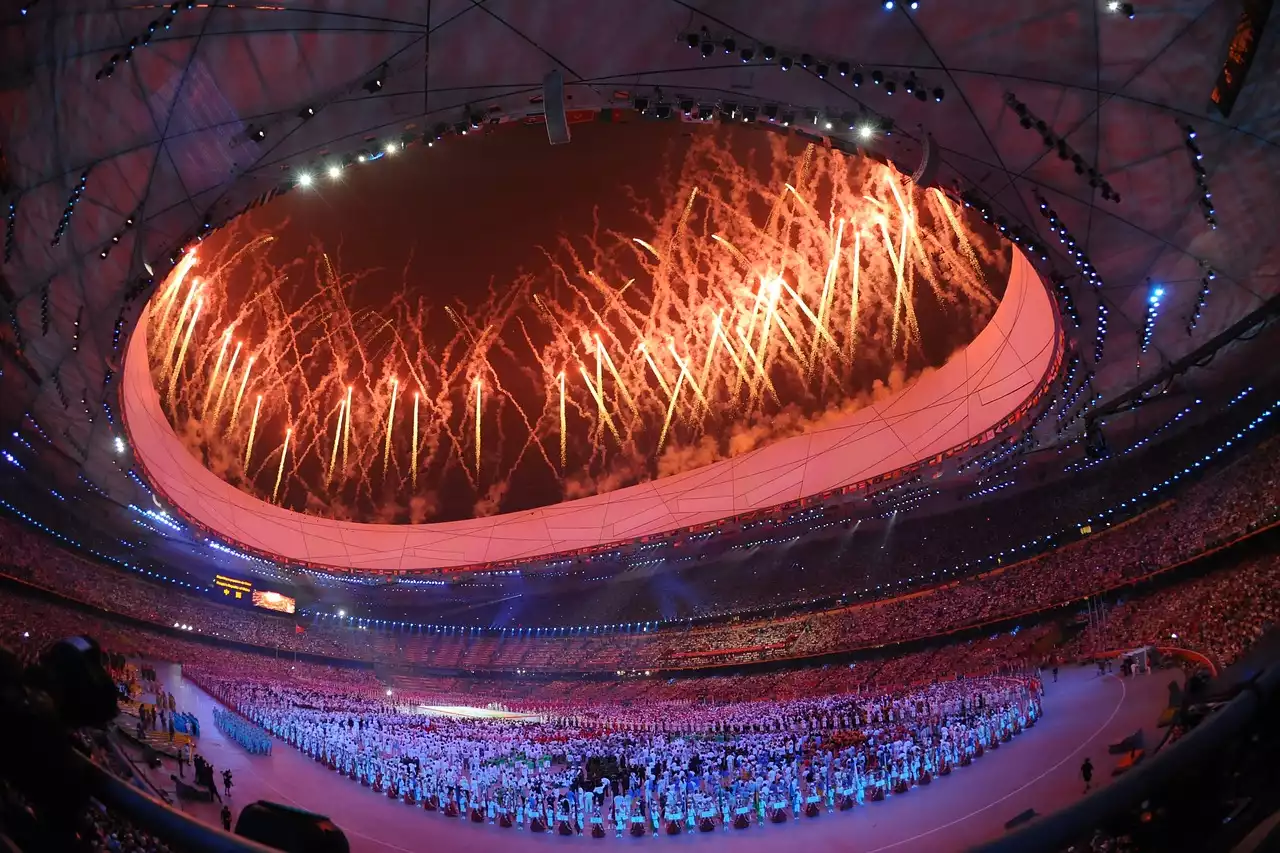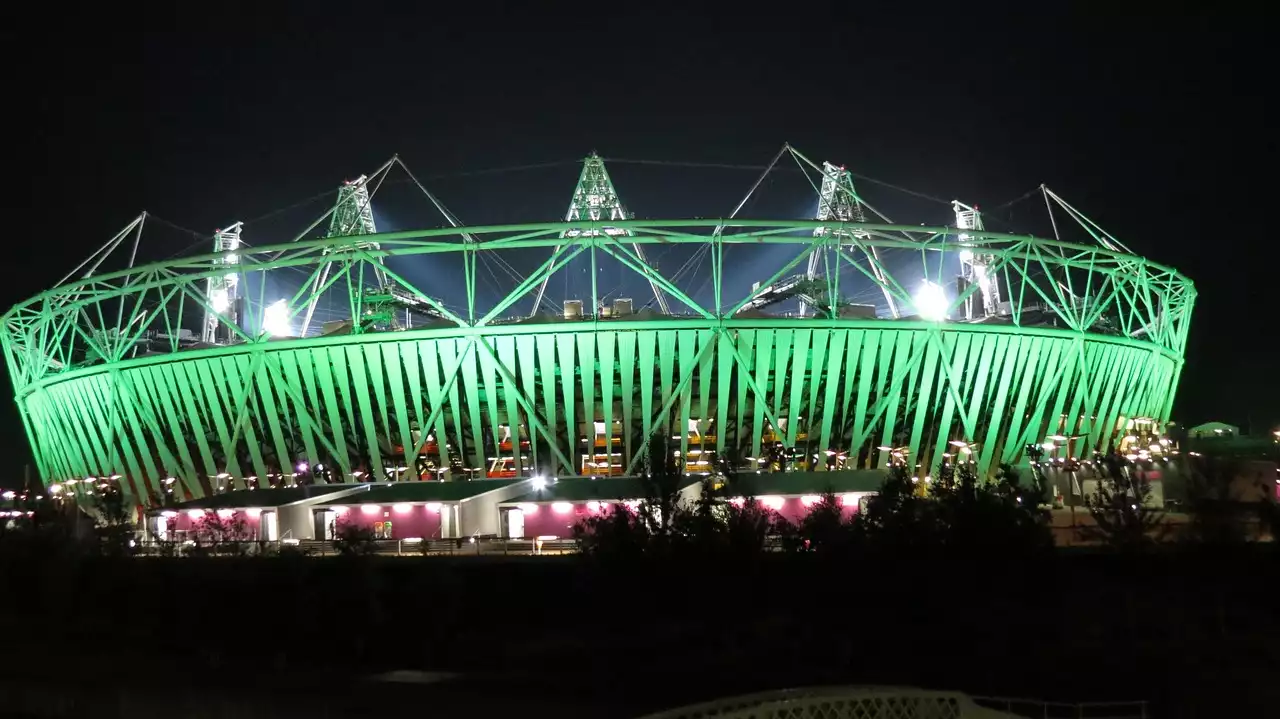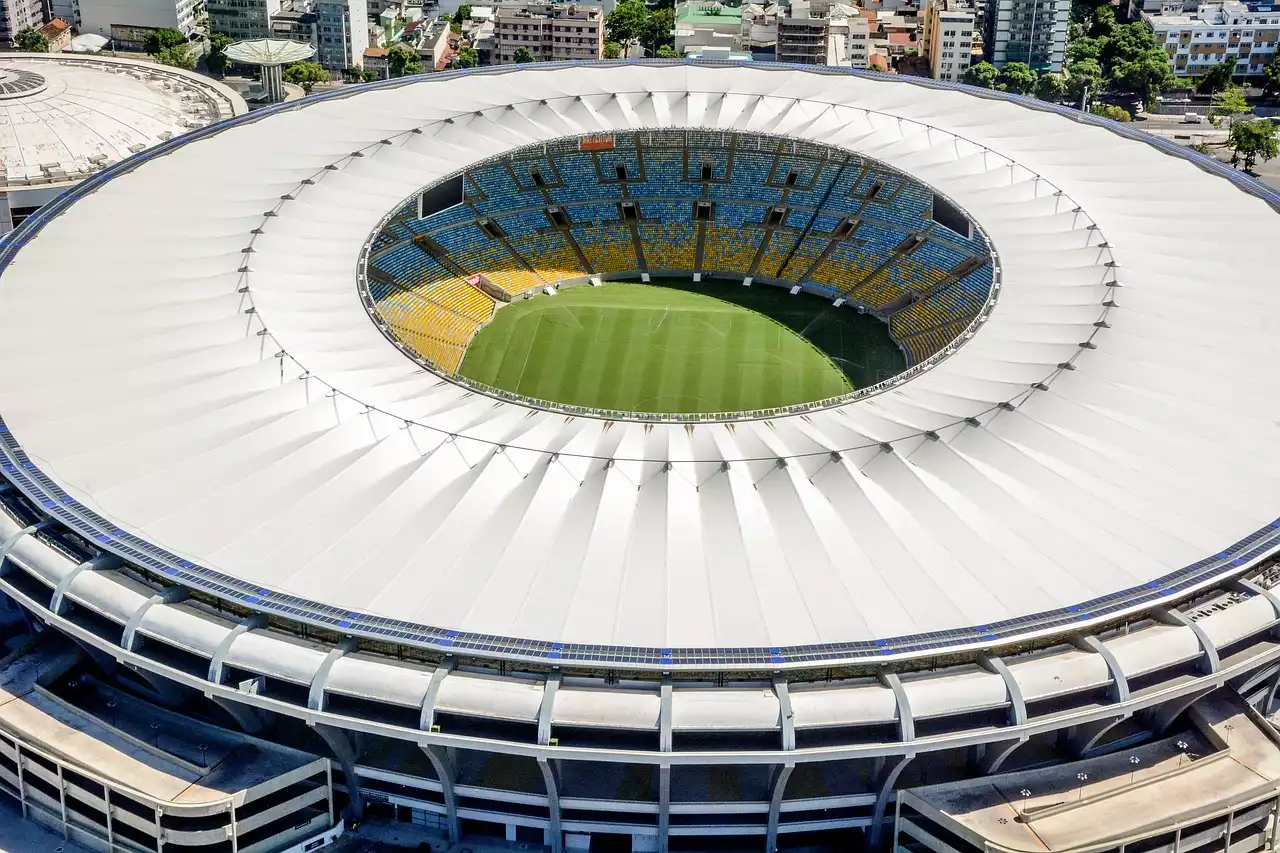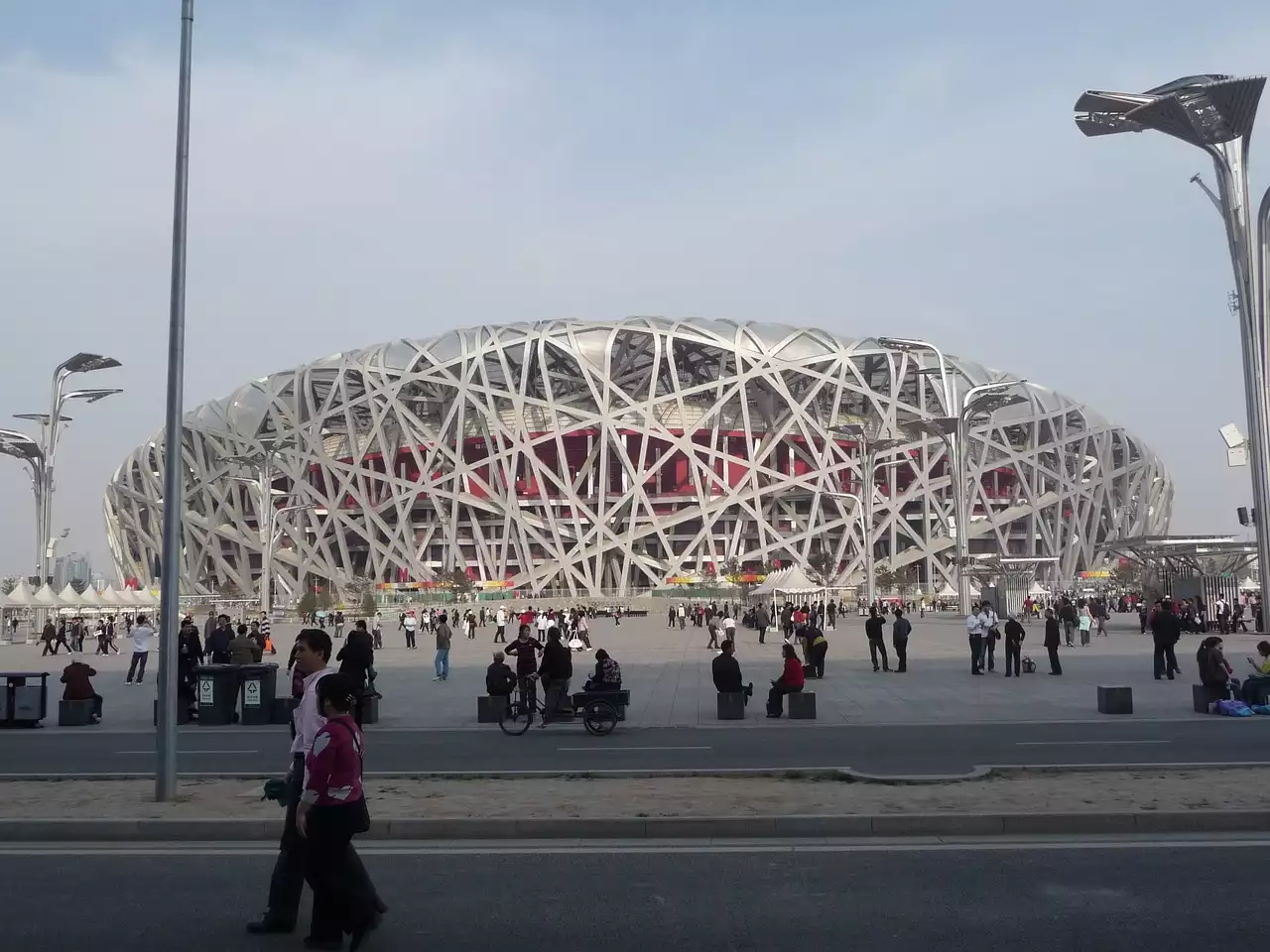The Selection Process for Hosting the Olympic Games
The selection process for hosting the Olympic Games is a meticulous and rigorous one. The International Olympic Committee (IOC) evaluates several factors before awarding the rights to host the games. These factors include the city's infrastructure, accommodation, transportation, and security capabilities. Additionally, the IOC takes into account the legacy and long-term benefits that hosting the Olympics can bring to the chosen city.
The bidding process typically begins several years in advance, giving potential host cities ample time to prepare their proposals. The IOC reviews each bid and conducts site visits to assess the feasibility and suitability of the proposed host cities. After a thorough evaluation, the IOC votes on the final decision, taking into consideration factors such as financial stability, political climate, and public support.
Hosting the Olympic Games is a tremendous honor and opportunity for any city, as it brings global recognition and economic benefits. However, it also comes with significant responsibilities and challenges, as the host city must ensure the smooth operation of the games and provide a memorable experience for athletes and spectators alike.
Factors Considered When Choosing a Host City for Olympic Football
When selecting a host city specifically for Olympic football, certain factors come into play. The first and foremost consideration is the availability and suitability of the football stadiums. Olympic football matches require world-class venues that can accommodate large crowds and provide state-of-the-art facilities for the participating teams. The host city must demonstrate its ability to meet these requirements.
Another crucial factor is the city's football culture and passion. Olympic football matches are not just about the sport itself; they are about creating an electrifying atmosphere and fostering a sense of unity among the fans. The host city must have a vibrant football scene and a population that is enthusiastic about the sport.
Infrastructure and transportation are also key considerations. The host city should have a well-developed transportation system that can efficiently move large numbers of people between venues. Accessibility and ease of travel are vital to ensure a smooth experience for both athletes and spectators.
Lastly, sustainability and environmental consciousness are increasingly important factors in the selection process. The IOC seeks to promote sustainable practices and minimize the ecological impact of the Olympic Games. The host city should demonstrate a commitment to sustainability by incorporating eco-friendly initiatives into its planning and operations.
Future City 1: Tokyo, Japan
Tokyo, the capital of Japan, is already set to host the Olympic Games in 2021. With its advanced technology and modern infrastructure, Tokyo offers a glimpse into the future of urban living. The city boasts a passion for football, with a thriving professional league and a dedicated fan base. Tokyo's existing stadiums, such as the iconic National Stadium, are world-class and capable of hosting Olympic football matches.
One of Tokyo's strengths as a future host city is its commitment to sustainability. The city has been implementing various green initiatives, including renewable energy sources and efficient waste management systems. Tokyo's transportation system is also highly developed, with an extensive network of trains and buses that can easily transport athletes and spectators around the city.
Tokyo's futuristic skyline and vibrant cityscape make it an ideal setting for an Olympic football tournament. The city's unique blend of traditional and modern architecture creates a visually stunning backdrop for the games. With its renowned hospitality and impeccable organization, Tokyo has all the makings of a successful Olympic host city.
Future City 2: Los Angeles, USA
Los Angeles, the entertainment capital of the world, is no stranger to hosting major sporting events. The city has previously hosted the Olympic Games in 1932 and 1984, and it is set to welcome the world again in 2028. Los Angeles has a rich football history, with a passionate fan base and a thriving professional league. The city's existing stadiums, including the iconic Rose Bowl and the state-of-the-art SoFi Stadium, are perfectly suited for Olympic football matches.
One of Los Angeles' greatest assets is its diverse and multicultural population. The city's vibrant atmosphere and global appeal make it an attractive destination for athletes and spectators from around the world. Los Angeles also boasts a strong commitment to sustainability, with initiatives focused on renewable energy, water conservation, and eco-friendly transportation.
From its beautiful beaches to its iconic landmarks, Los Angeles offers a unique and unforgettable Olympic experience. The city's reputation for hosting successful sporting events, combined with its world-class infrastructure and vibrant culture, make it an excellent candidate for hosting Olympic football in the future.
Future City 3: Paris, France
Paris, the city of love and romance, is a cultural hub that has captivated visitors for centuries. The city's rich history, stunning architecture, and vibrant atmosphere make it an ideal host for the Olympic Games. Paris has a long-standing love affair with football, with passionate fans and a strong football culture. The city boasts several world-class stadiums, including the legendary Stade de France, which hosted the 1998 FIFA World Cup final.
Paris is also committed to sustainability and has implemented various eco-friendly initiatives. The city's extensive public transportation system, including its efficient metro and tram networks, makes it easy for athletes and spectators to navigate the city. Paris' dedication to sustainability is further exemplified by its commitment to renewable energy and recycling programs.
Hosting Olympic football in Paris would not only showcase the city's architectural wonders but also allow visitors to experience the city's rich cultural heritage. From exploring the iconic Eiffel Tower to strolling along the Seine River, Paris offers a truly unforgettable Olympic experience.
Future City 4: Melbourne, Australia
Melbourne, known for its vibrant arts scene and sporting culture, is a city that knows how to put on a show. The city has a strong football following, with a passionate fan base and a thriving professional league. Melbourne's stadiums, including the world-renowned Melbourne Cricket Ground (MCG), are capable of hosting large-scale football matches.
Melbourne is also renowned for its commitment to sustainability. The city has implemented various initiatives to reduce its carbon footprint, including investments in renewable energy and waste management systems. Melbourne's efficient public transportation network, which includes trams, trains, and buses, ensures easy accessibility for athletes and spectators.
With its cosmopolitan atmosphere and diverse population, Melbourne offers a unique blend of cultures and experiences. From exploring the vibrant street art scene to sampling world-class cuisine, visitors to Melbourne can immerse themselves in a city that celebrates diversity and creativity.
Future City 5: Dubai, United Arab Emirates
Dubai, known for its futuristic skyline and luxurious lifestyle, is a city that constantly pushes the boundaries of innovation. The city's passion for football is evident, with a strong fan base and a growing professional league. Dubai's stadiums, such as the iconic Mohammed bin Rashid Stadium, are modern and well-equipped for hosting Olympic football matches.
Sustainability is a key focus for Dubai, and the city has made significant investments in renewable energy and green initiatives. Dubai's commitment to sustainability is further exemplified by its ambitious goal to become the world's most sustainable city by 2020. The city's efficient public transportation system, including the Dubai Metro and tram network, ensures easy movement around the city.
Dubai's architectural wonders and luxurious amenities create a truly unique Olympic experience. From exploring the world's tallest building, the Burj Khalifa, to indulging in a desert safari, visitors to Dubai can immerse themselves in a city that seamlessly blends tradition and innovation.
Potential Challenges and Benefits for Each Future City
While these five future cities have the potential to become exceptional hosts for Olympic football, they also face unique challenges and benefits. Each city must overcome logistical, financial, and organizational hurdles to successfully host the games.
On the flip side, hosting the Olympic Games brings numerous benefits to the chosen city. It provides an opportunity to showcase the city's culture, infrastructure, and hospitality to a global audience. The influx of tourists and increased economic activity can have a positive impact on local businesses and the overall economy.
Speculation on the Next Host City for Olympic Football
As the world eagerly awaits the announcement of the next host city for Olympic football, speculation is rife about which destination will be chosen. With the potential candidates discussed in this article, each city brings its own unique strengths and vision for the future of the Olympic Games.
Only time will tell which city will have the honor of hosting Olympic football, but one thing is for sure – the future of the sport and the Olympic Games is filled with excitement and possibility. Whether it's Tokyo's technological advancements, Los Angeles' entertainment value, Paris' cultural heritage, Melbourne's sporting passion, or Dubai's innovation, these future cities have set the stage for an extraordinary Olympic experience.
The world eagerly awaits the unveiling of the next host city, anticipating a grand sporting spectacle that transcends time and leaves a lasting legacy for generations to come.
